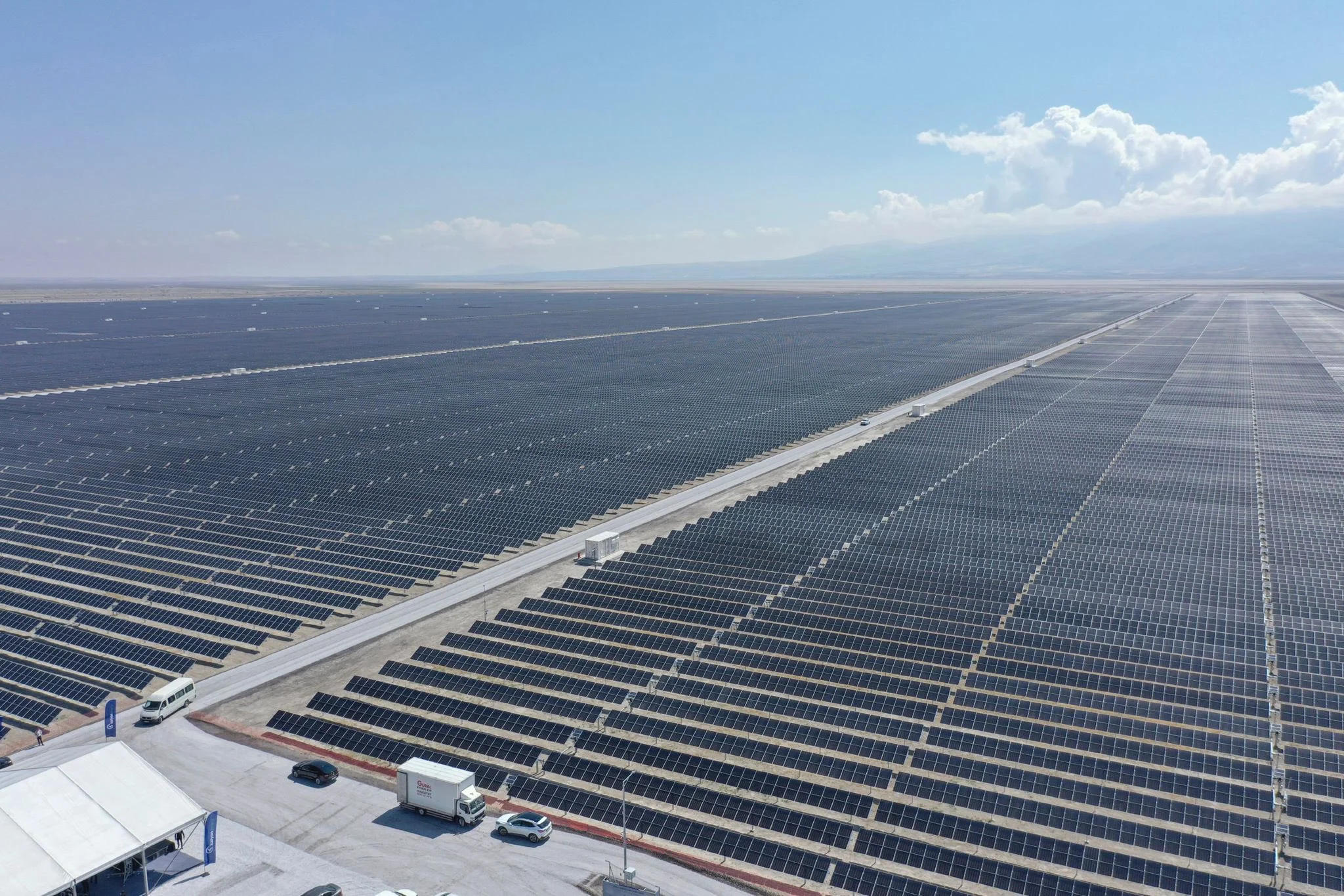Turkey’s solar panel manufacturing sector is currently operating at a fraction of its capacity due to high production costs that hinder its competitiveness in the European market. Despite aspirations to become a leader in clean energy, the country’s ability to export solar technology remains limited.
An analysis by columnist Serkan Aksüyek on the Turkish news platform ekonomim.com reveals a stark contrast between Turkey’s solar potential and its current export performance. While Turkey benefits from abundant sunlight and a robust industrial framework, these advantages have not translated into significant foreign sales.
The pricing issue is critical. In Europe, the cost of setting up a one-megawatt solar energy system ranges between $90,000 and $100,000. In contrast, utilizing Turkish-manufactured components can drive the cost up to $160,000, making Turkish products less attractive.
Trade dynamics further complicate the situation. Turkey has enforced anti-dumping duties on imported solar panels since 2017, raising the tariff to a fixed rate of $25 per square meter in 2024. However, the European Union does not impose similar tariffs on cheaper imports from China, allowing Chinese manufacturers to dominate the market. These companies provide not only solar panels but also crucial components like inverters at lower prices.
Despite these export challenges, Turkey is experiencing rapid growth in domestic solar power, with its capacity reaching approximately 22,000 megawatts by April 2025, contributing to a total clean electricity capacity of nearly 119,000 megawatts. This growth has been primarily driven by unlicensed rooftop and small-scale projects aimed at self-consumption, especially as installation costs have halved in dollar terms over the past five years. Since 2022, most new capacity additions have come from households and businesses seeking energy independence.
However, compared to countries like Germany, Turkey still lags behind. Germany, benefiting from more favorable conditions, surpassed 107,000 megawatts of installed solar capacity by mid-2025, adding more than 1,000 megawatts each month. In contrast, Turkey’s annual installations hover around 4,000 to 5,000 megawatts, despite having around 70 solar panel factories with a combined production capacity of 50,000 megawatts per year—ten times the current domestic demand. If trade conditions improved, this surplus could significantly contribute to European energy needs.
Turkey’s overall solar potential exceeds 200,000 megawatts, which could generate approximately 330 to 350 terawatt-hours of electricity annually—enough to meet the country’s total electricity consumption. Experts suggest that Turkey could enhance its competitiveness by supplying aluminum and steel frames for solar systems, thanks to its strong metal production sector. However, manufacturers in these areas tend to prioritize low-cost mass production over innovation, limiting the added value of their offerings and their ability to compete internationally.
On a positive note, Turkish firms have successfully exported solar-related services, including engineering, procurement, and construction (EPC) projects, to countries like Romania, Bulgaria, and Kazakhstan. Industry representatives emphasize that while Turkey possesses modern manufacturing facilities and technical know-how, high production costs and ineffective export policies are major barriers to accessing international markets. Without significant structural reforms, much of Turkey’s solar manufacturing capacity risks remaining underutilized.




